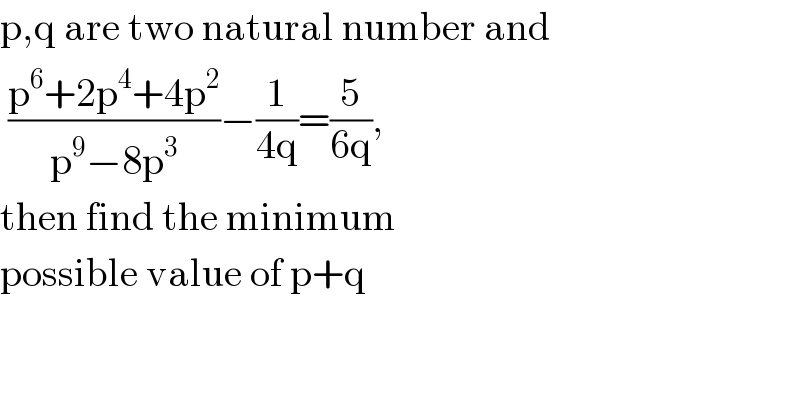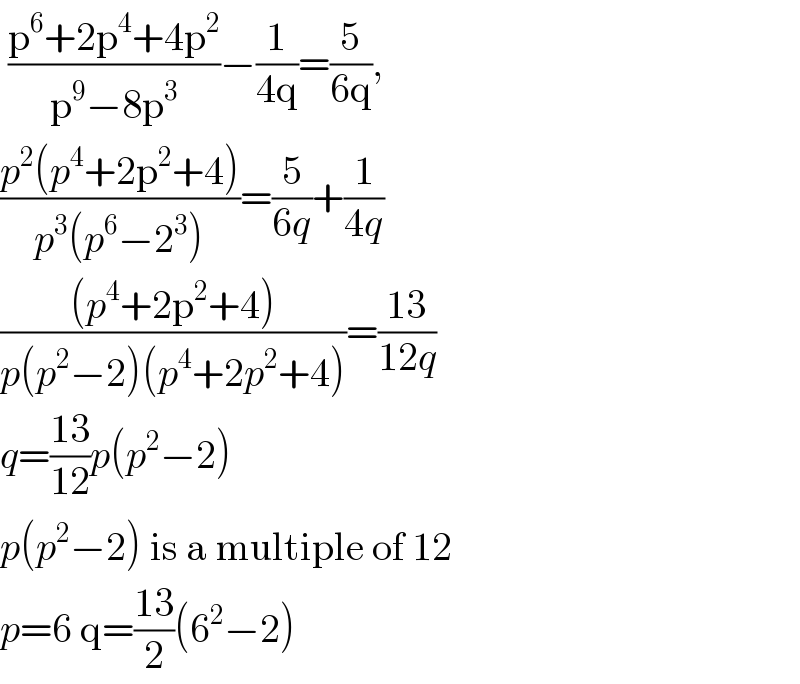
Question and Answers Forum
Question Number 27996 by JI Siam last updated on 18/Jan/18

Answered by prakash jain last updated on 18/Jan/18

Commented by prakash jain last updated on 18/Jan/18

Commented by JI Siam last updated on 18/Jan/18

Commented by prakash jain last updated on 18/Jan/18

